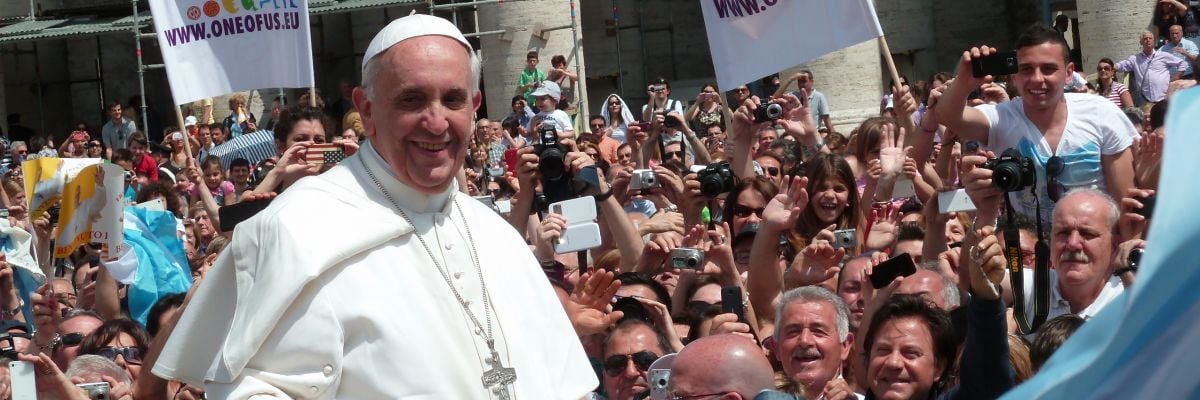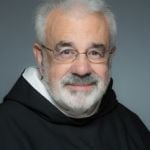
Question:
Answer:
Your friend was correct as far as he went. The Second Vatican Council, in Lumen Gentium, stated that the Church is the people of God. Protestants see this as pretty much it. They understand church as a name for a structure-less body of people who follow Christ and believe in his divinity as the second Person of the Holy Trinity, revealed in the Bible alone.
Catholics, on the other hand, understand the Church also in terms of a hierarchical structure, with definite authority given to it by Jesus in the person of Peter and therefore to his successors. We see in Scripture much evidence that Jesus gave personal attention to the apostles, preparing them to minister after he was no longer with them. “Anyone who listens to you listens to me; anyone who rejects you rejects me, and those who reject me reject the one who sent me” (Lk 10:16). There was no reason for him to prepare them for only their lifetime. The early Church Fathers verify this. The early Church does not fall into the Protestant vision of a structure-less, sacrament-less body of believers. It was hierarchically structured and sacramental. The canon of the New Testament, on which Protestants base all their faith, is the product of this Church. (See “The Problems with Primitivism”.)



